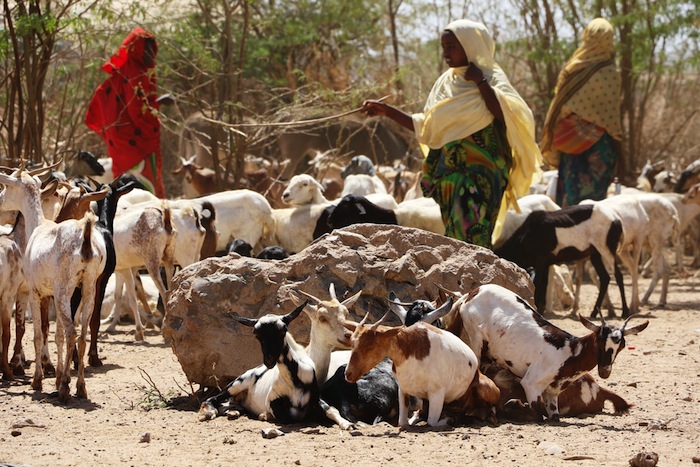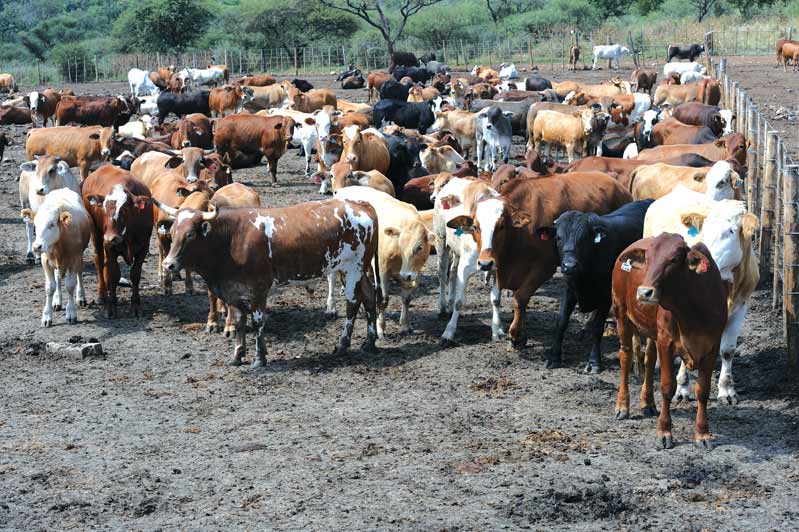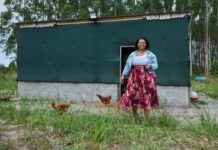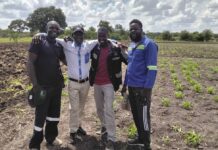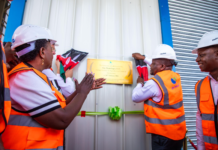The World Bank’s Board of Executive Directors approved a total of US $550m for Ethiopia’s Low lands Livelihood Resilience Project. The grant will serve to improve the livelihoods of pastoralists and the nation’s ongoing power sector reforms.
The funds, which were secured from the International Development Association (IDA), will be used to improve the livelihoods and resilience of 2.5m pastoralists and agro-pastoralists in low land areas.
Carolyn Turk, World Bank Country Director for Ethiopia, Sudan and South Sudan, said that the project will put communities in charge of their own development priorities by enabling them to identify, lead and manage local development initiatives. It will also reduce long-term environmental degradation and communities’ vulnerability to climate change-related droughts.
Third phase social accountability program launched
The Third Ethiopia Social Accountability Program (ESAP), a program that works to improve equitable access to basic services and strengthen accountability systems at the decentralized level, was launched last week.
The ESAP is part of the Enhancing Shared Prosperity through Equitable Services Project (ESPES) for Ethiopia that aims to improve equitable access to basic services and strengthen accountability systems at the decentralized level.
Improving quality and accessibility, the second phase of ESAP was successfully implemented from 2011-2018 in 223 woredas in Ethiopia in five basic sector-education, health water and sanitation, rural roads and agriculture, according to a statement from the program.
The Ethiopia government and development partners have now launched a third phase of the program, scaling up the project to 500 woredas (half of the total woredas in the country).
According to the statement of ESAP, the World Bank will administer the Multi-Donor Trust Fund. Around US$ 30m will be dispersed to over 100 civil society organization grantees implementing the program at woreda level.


